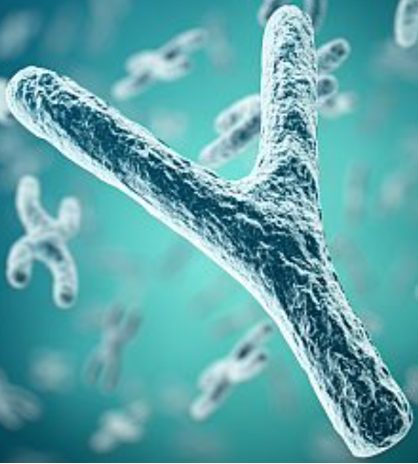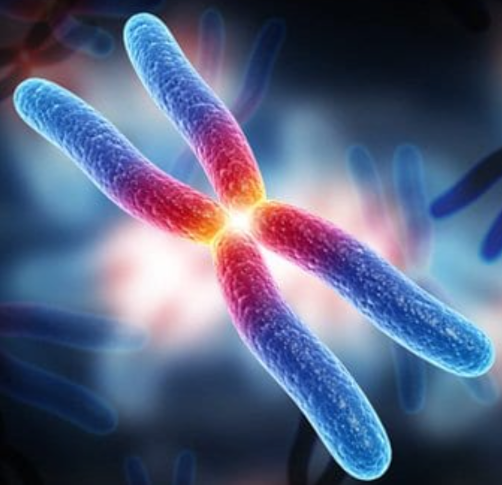The Y chromosome is one of the two sex chromosomes in mammals.
Its presence may explain why some types of cancers have a higher lethality in men than in women.
Several studies have been conducted in both human and mouse models to support this theory.
On June 21, 2023 two studies about the correlation between the Y chromosome and colorectal cancer and bladder cancer, two particularly aggressive types of cancer, were published on “Nature”. This helped to understand why some cancers have a higher incidence in men.
The first study was carried out in mouse models and found that a particular gene on the Y chromosome increases the risk of some colorectal cancers spreading to other parts of the body, thus leading to metastasis formation.
The gene is known as KDM5D and can weaken the junction that hold tumor cells together, thus helping them to detach and spread to other body districts.
If this gene is eliminated by genetic editing techniques, the cancer cells become less invasive and more likely to be recognized by immune cells. This represents a potential target for cancer therapies and it is a drug target.
The second study found that the loss of the entire Y chromosome in some cells, an event that occurs naturally with aging, increases the risk of developing bladder cancer and could allow such tumors to evade the immune system.
Dan Theodorescu, a researcher at Cedars-Sinai Medical Center in Los Angeles, and his colleagues, after analyzing human bladder cancer cells missing the Y chromosome, found that such cancer cells were not being targeted by immune system cells because they were dysfunctional.
To reactivate the immune system were conducted experiments in mice and a therapeutic antibody capable of restoring the activity of immune cells adjacent to the tumor proved effective. Its application achieved a better effect against tumors lacking the Y chromosome than against those that still had that chromosome; this trend was also found in human tumors.
In conclusion, we can focus on the link between genetics and cancer and especially on the dual role played by the Y chromosome:
- A protective role in the case of bladder cancer;
- A damaging role, due to the presence of the KDM5D gene, in colorectal cancer.
Not all cancers will exhibit the same biological development; the effect of Y chromosome loss on various organs and related tumor types will need to be examined to better understand the possible course.
SOURCES:




